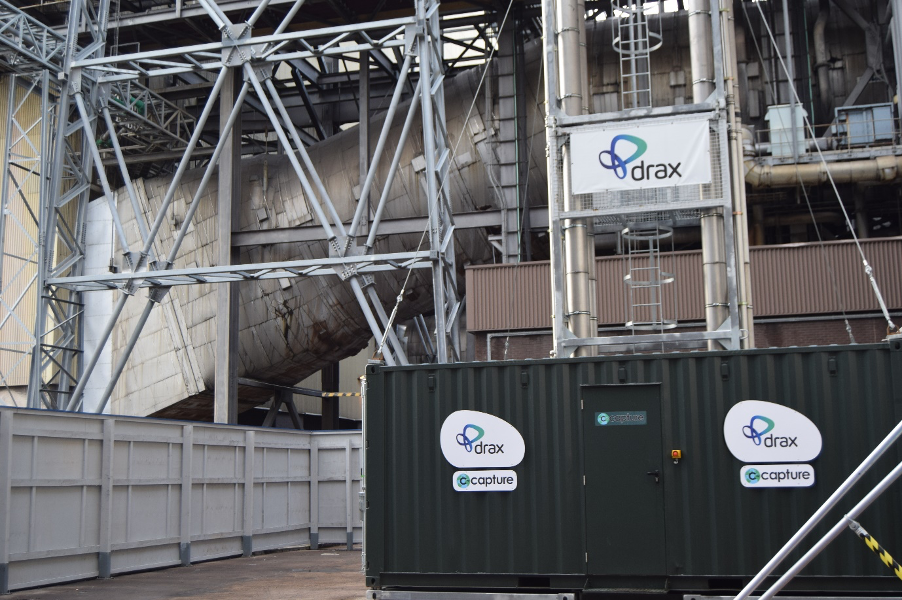Net-Zero Research Forum: Carbon capture and storage

- Date
- Wednesday 1 July 2020, 12:00 - 13:00 BST
- Location
- Online event - register here
Priestley Centre/Energy Leeds joint webinar
How can Leeds research help deliver carbon capture and storage to meet net-zero targets?
This net-zero webinar, ‘Carbon capture and storage’, will feature two short presentations by:
- Chris Rayner, Professor of Organic Chemistry in the School of Chemistry and Co-founder of C-Capture
- Quentin Fisher, Professor of Petroleum Engineering in the School of Earth and Environment
Sandra Piazolo, Professor in Structural Geology and Tectonics in the School of Earth and Environment, will introduce and chair the event.
Conventional power generation and many industrial processes (iron and steel, cement, glass, hydrogen production, refining) produce large volumes of gas streams containing substantial concentrations of CO2. Carbon capture and storage (CCS) represents a process in which the CO2 in these emissions can be captured and stored indefinitely in geological features, hence preventing them from being released into the atmosphere.
Professor Chris Rayner will present a talk titled: ‘Carbon Dioxide Capture Chemistry – From Laboratory to Power Station, and Beyond.’
Research in the School of Chemistry has led to the development of a fundamentally new approach for CO2 capture which has many benefits over existing technology, including reduced costs and energy consumption. This is being commercialised by the University of Leeds spin out C-Capture.
Recent developments include the world’s first 100% biomass-based Bioenergy with CCS (BECCS) demonstration project at Drax Power station. BECCS is vital for meeting net-zero targets as it has the potential to provide negative emissions at scale which are required to offset residual positive emissions from sectors which cannot be decarbonised further.
Professor Quentin Fisher will present a talk titled: ‘Key issues related to underground geological CO2 storage in the UK’
CCS has long been identified as a potentially useful technology for reducing greenhouse gas emissions. The UK continental shelf has an estimated storage capacity of around 80 Gt (more than 250 years of storage at current UK emission levels). The petroleum industry has a long history of injecting CO2 into the subsurface for enhanced oil recovery and there have now been several large successful CCS demonstration projects.
A small number of technical challenges remain such as drilling into depleted reservoirs and predicting leakage pathways from saline aquifers. However, the key barrier preventing the widespread adoption of CCS appears to be cost.
This event is the fifth in a series of Net-Zero Research Forums – informal webinars to discuss research and innovation ideas focused on achieving net-zero emissions. Researchers from different disciplines present ideas and provocative questions to stimulate debate and creativity. All are welcome to collaborate on this pressing global challenge.
Staff and students are also invited to join the Microsoft Team – Net-Zero Research Forum by following the link or using the join code 2zzzfir.
This event is part of the University’s Interdisciplinary Research Development Programme.
Register for this webinar
Image shows the C-Capture CCS demonstrator located at Drax power station. Credit: C-Capture Ltd.
